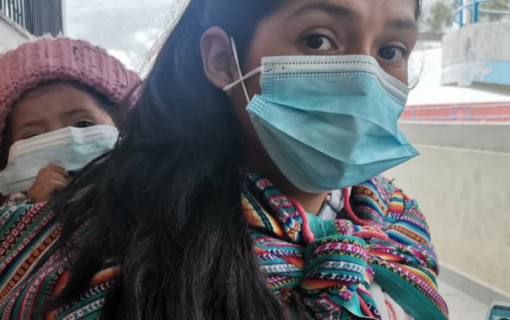Honduras 1993 Elections: Election Observation Mission Report
Introduction
Since its independence in 1823, Honduras has undergone a process of intense political turmoil. It has suffered from more than 385 armed rebellions during its 171 years of independence. Between 1824 and 1982, Honduras had more than 13 constitutions. The last 30 years have been characterized by a bitter struggle between the armed and civilian forces attempting to hold on to power. In April 1980, a constituent assembly was popularly elected and drafted a new constitution which was ratified in 1982.
Until the 1982 Constitution, the Chief of the Armed Forces retained a significant position in the government and could legally ignore any decree or order given to the armed forces by the president. With the 1982 Constitution, a civil government was formed
in
which the armed forces were subordinated to the government. Although this change occurred more than ten years ago, the vestiges of military rule and power have not yet disappeared, and the armed forces still exert a considerable influence over the Honduran Population.
The 1982 Constitution established a strong executive branch, a unicameral legislative branch
(Congreso Nacional),
and a judicial branch with its judges appointed by the National Congress. The president is directly elected for a four-year term, while congressional seats are divided
in
proportion to the number of votes that each party receives. The President may not be reelected. Honduras is divided into 18
departamentos
(departments) which in turn are made up of 291
municipios
(municipalities). Municipal officials are also elected for four-year terms.
Since the implementation of the new Constitution in 1982, Honduras has held four general elections, including the 1993 election. Of the four elections held since 1982, the Partido Liberal has won three and the Partido Nacional has won one. In general, the elections have been considered free and fair, with the candidates generally accepting their defeat. In 1985, however, a constitutional crisis erupted prior to the election on November 24 of that year, due to the extreme factionalization of the Partido Nacional. The crisis was resolved when the political parties decided to introduce an open contest system within the parties themselves which would allow the various factions to present their own presidential candidate. The winner would be the candidate that had secured the most votes within the party.
Honduras is a highly politicized country, where many civil servants are highly tied to the political party in power. In addition, as mentioned above, there is a perception among the Honduran people that the armed forces remain immune to the civil government's power and that the Tribunal Nacional de Elecciones (TNE), in light of the armed forces' authority, plays an insignificant role in the electoral process. The armed forces in Honduras have been and continue to be a strong institution. The Electoral Law requires the armed forces to provide transportation and security of electoral materials and to provide polling place security on election day. The law specifically prohibits security personnel from being closer than 100 meters from a polling place unless specifically requested to assist by the polling place officials.
Read the Full Report.









